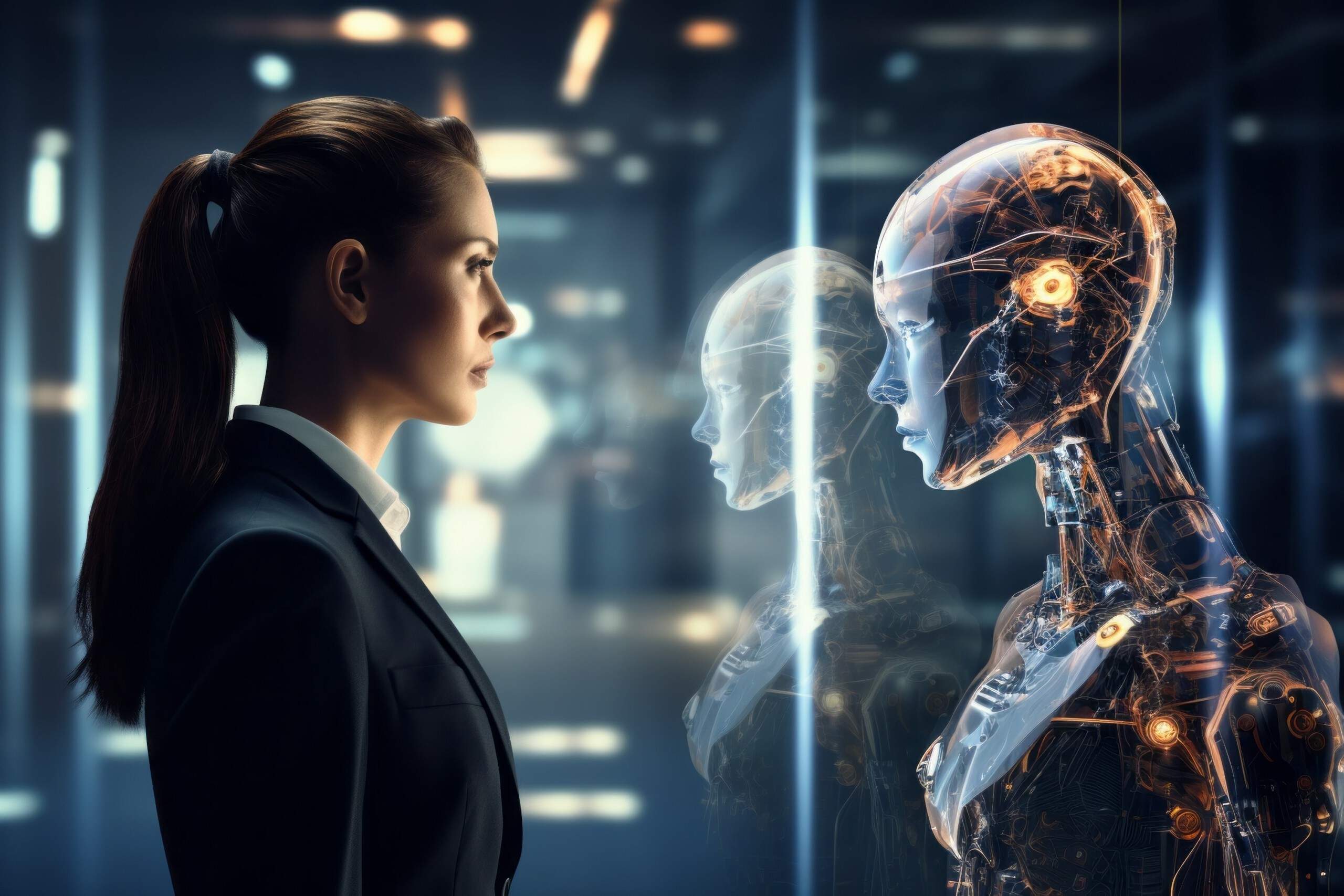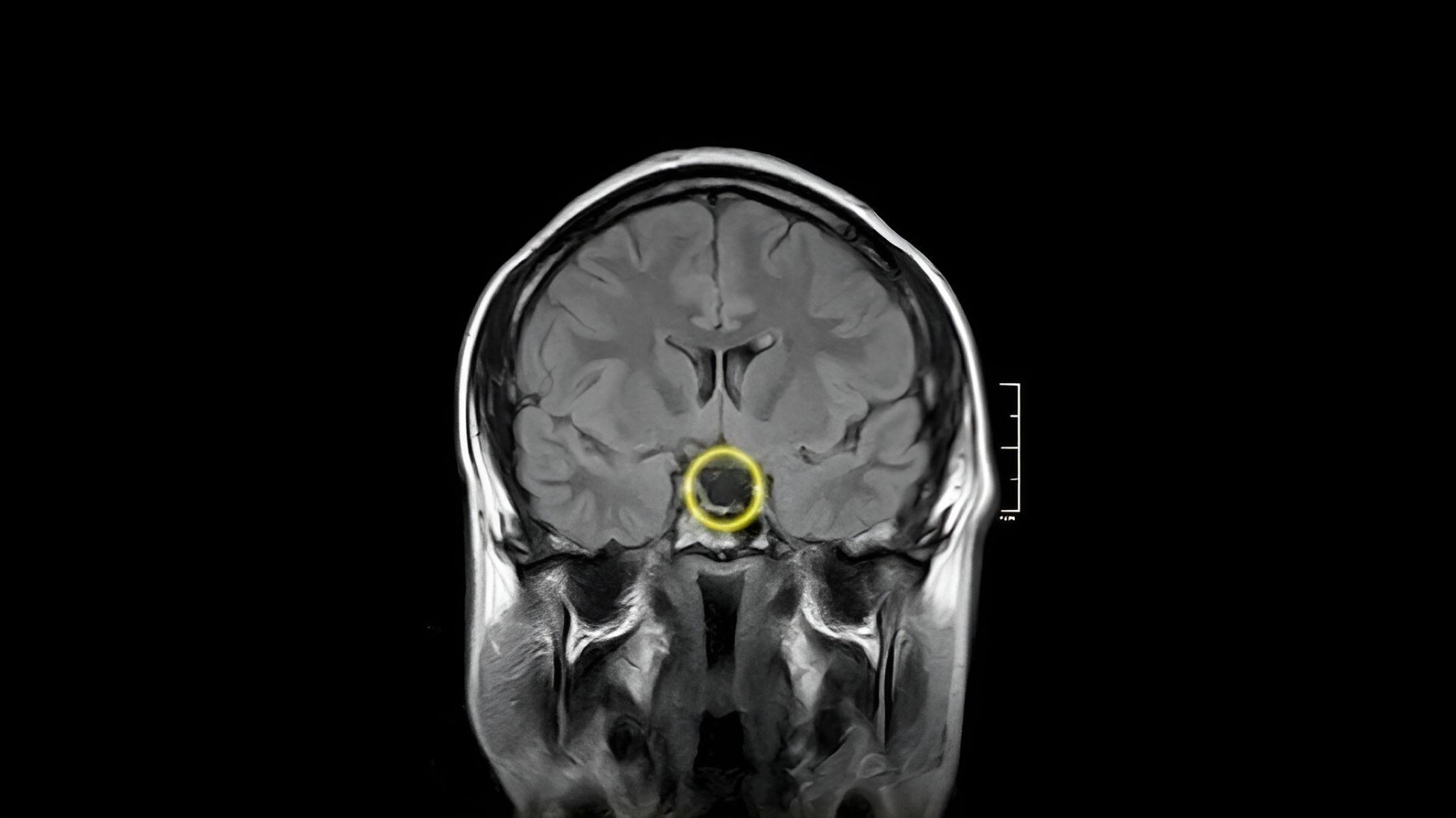
What makes AI-powered technology so revolutionary? AI-powered technology stands out because it mimics human intelligence to perform tasks, learn from experiences, and adapt to new inputs. This tech can analyze vast amounts of data quickly, providing insights and solutions that would take humans much longer to achieve. AI's ability to learn and improve over time makes it invaluable in fields like healthcare, finance, and transportation. From self-driving cars to personalized medicine, AI is transforming industries by increasing efficiency and accuracy. Its versatility means it can be applied to almost any sector, making it a game-changer in today's world.
Key Takeaways:
- AI is everywhere, from voice assistants to medical imaging. It's revolutionizing healthcare, finance, education, entertainment, transportation, retail, and agriculture, making our lives more efficient and personalized.
- AI is like a helpful friend in everyday life, making recommendations, detecting fraud, personalizing learning, creating entertainment, improving transportation, enhancing retail experiences, and optimizing agriculture. It's like magic for the modern world!
AI in Everyday Life
Artificial Intelligence (AI) has become a significant part of our daily routines. From smartphones to smart homes, AI is everywhere.
- Voice Assistants: Devices like Amazon's Alexa, Apple's Siri, and Google Assistant use AI to understand and respond to voice commands.
- Recommendation Systems: Platforms like Netflix and Spotify use AI to suggest movies, shows, and music based on user preferences.
- Smart Home Devices: AI powers smart thermostats, lights, and security systems, making homes more efficient and secure.
- Spam Filters: Email services use AI to detect and filter out spam messages, keeping inboxes clean.
- Navigation Apps: Apps like Google Maps and Waze use AI to provide real-time traffic updates and route suggestions.
AI in Healthcare
AI is revolutionizing healthcare by improving diagnostics, treatment plans, and patient care.
- Medical Imaging: AI algorithms analyze medical images to detect diseases like cancer at early stages.
- Virtual Health Assistants: AI-powered chatbots provide medical advice and reminders to patients.
- Predictive Analytics: AI predicts patient outcomes and potential health risks based on historical data.
- Robotic Surgery: AI assists surgeons in performing precise and minimally invasive surgeries.
- Drug Discovery: AI accelerates the process of discovering new drugs by analyzing vast amounts of data.
AI in Finance
The finance industry leverages AI to enhance security, efficiency, and customer experience.
- Fraud Detection: AI detects unusual transactions and potential fraud in real-time.
- Algorithmic Trading: AI algorithms execute trades at optimal times, maximizing profits.
- Credit Scoring: AI assesses creditworthiness by analyzing various data points beyond traditional credit scores.
- Customer Service: AI chatbots handle customer inquiries, providing quick and accurate responses.
- Personalized Banking: AI offers personalized financial advice and product recommendations to customers.
AI in Education
AI is transforming education by personalizing learning experiences and automating administrative tasks.
- Adaptive Learning: AI tailors educational content to individual student needs and learning styles.
- Automated Grading: AI systems grade assignments and exams, saving teachers time.
- Virtual Tutors: AI-powered tutors provide additional support and resources to students.
- Predictive Analytics: AI predicts student performance and identifies those at risk of falling behind.
- Content Creation: AI generates educational content, including quizzes and study guides.
AI in Entertainment
AI enhances entertainment experiences by creating, curating, and personalizing content.
- Content Creation: AI generates music, art, and even scripts for movies and TV shows.
- Game Development: AI creates realistic characters and environments in video games.
- Personalized Recommendations: Streaming services use AI to suggest content based on viewing history.
- Interactive Experiences: AI powers virtual reality (VR) and augmented reality (AR) experiences.
- Audience Analysis: AI analyzes audience reactions and preferences to improve content.
AI in Transportation
AI is driving innovation in transportation, making travel safer, faster, and more efficient.
- Autonomous Vehicles: Self-driving cars use AI to navigate and make decisions on the road.
- Traffic Management: AI optimizes traffic flow and reduces congestion in cities.
- Predictive Maintenance: AI predicts when vehicles need maintenance, preventing breakdowns.
- Ride-Sharing Services: AI matches riders with drivers and optimizes routes for ride-sharing apps.
- Logistics and Delivery: AI improves supply chain management and delivery efficiency.
AI in Retail
Retailers use AI to enhance customer experiences, streamline operations, and boost sales.
- Personalized Shopping: AI recommends products based on customer preferences and behavior.
- Inventory Management: AI predicts demand and optimizes inventory levels.
- Visual Search: AI allows customers to search for products using images instead of text.
- Customer Insights: AI analyzes customer data to provide valuable insights for marketing strategies.
- Automated Checkout: AI enables cashier-less stores where customers can check out automatically.
AI in Agriculture
AI is transforming agriculture by increasing productivity and sustainability.
- Precision Farming: AI analyzes data from sensors and drones to optimize crop yields and reduce waste.
The Future of AI-Powered Technology
AI-powered technology is transforming our world in ways we couldn't have imagined a few years ago. From self-driving cars to virtual assistants, AI is making life easier and more efficient. It's not just about convenience; AI is also helping solve complex problems in healthcare, climate change, and education.
Businesses are leveraging AI to improve customer experiences, streamline operations, and gain insights from data. As AI continues to evolve, its applications will only expand, offering even more innovative solutions.
However, with great power comes great responsibility. Ethical considerations, data privacy, and job displacement are challenges that need addressing. Staying informed and adaptable will be key as we navigate this AI-driven future.
Embrace the change, stay curious, and keep learning. The future is bright, and AI is lighting the way.
Frequently Asked Questions
Was this page helpful?
Our commitment to delivering trustworthy and engaging content is at the heart of what we do. Each fact on our site is contributed by real users like you, bringing a wealth of diverse insights and information. To ensure the highest standards of accuracy and reliability, our dedicated editors meticulously review each submission. This process guarantees that the facts we share are not only fascinating but also credible. Trust in our commitment to quality and authenticity as you explore and learn with us.


